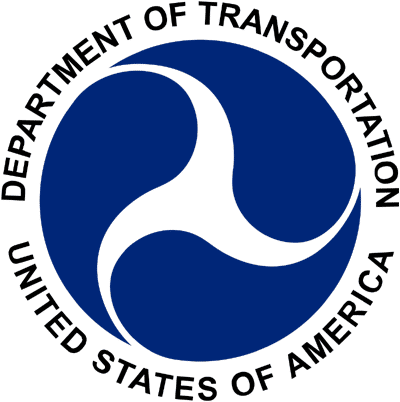Hawaii Dept. of Transportation Updates
Honolulu, HI DUI Statistics
In recent years, Honolulu, HI, has been actively working to mitigate dangers associated with driving under the influence (DUI). In the city and county of Honolulu, state initiatives have aimed at reducing DUI incidents through stricter law enforcement and awareness programs. According to the Hawaii Department of Transportation (HIDOT), there has been a noticeable drop in DUI-related incidents over the past few years due to these efforts. The Honolulu Police Department plays a crucial role by organizing regular roadside checks and advocating for the use of alternative transportation methods, such as ridesharing, to combat drunk driving. DUI convictions can lead to significant penalties in HI, including fines, license suspension, or even jail time. The state's continuous focus on this issue highlights its commitment to public safety, making roadways in Honolulu, Hawaii, safer for everyone involved.
Drug-Involved Accidents in Honolulu, HI
Drug-involved accidents are a concern for Honolulu, HI, reflecting broader trends observed across the United States. In Hawaii, the Department of Transportation collaborates with the Honolulu Police Department to address and reduce the incidence of accidents where drugs are a contributing factor. The efforts are shaped by comprehensive data analysis which illustrates patterns and identifies high-risk areas. In Honolulu County, the integration of drug recognition experts (DREs) facilitates better identification and management of drug-impaired driving cases on the spot. Public health campaigns and educational outreach programs aim to increase community awareness about the dangers of drug-impaired driving. Drug-involved crashes are scrutinized under the same strict legal standards as DUI cases in HI, with considerable penalties for those found guilty. Such measures are crucial in managing and minimizing the risk factors associated with impaired driving in Honolulu.
Marijuana-Related Accidents in Honolulu, HI
In light of the evolving legal landscape surrounding marijuana use, the city and county of Honolulu, HI, have seen a proactive approach to handling marijuana-related accidents. While marijuana use has been legalized for medicinal purposes in Hawaii, concerns remain about the influence of cannabis on driving safety. Honolulu's DOT, in cooperation with law enforcement agencies, actively tracks data on traffic incidents related to marijuana use. Awareness campaigns focus on the effects of marijuana on driving abilities, emphasizing that even legal substances can impair judgment, coordination, and reaction times. Despite these efforts, statistics indicate that marijuana-related traffic incidents have not seen the same decline as DUI cases, posing ongoing challenges for traffic safety personnel. HI continues to engage community resources in its policy-making and enforcement strategies to ensure safe roads for all residents and visitors to Honolulu.










